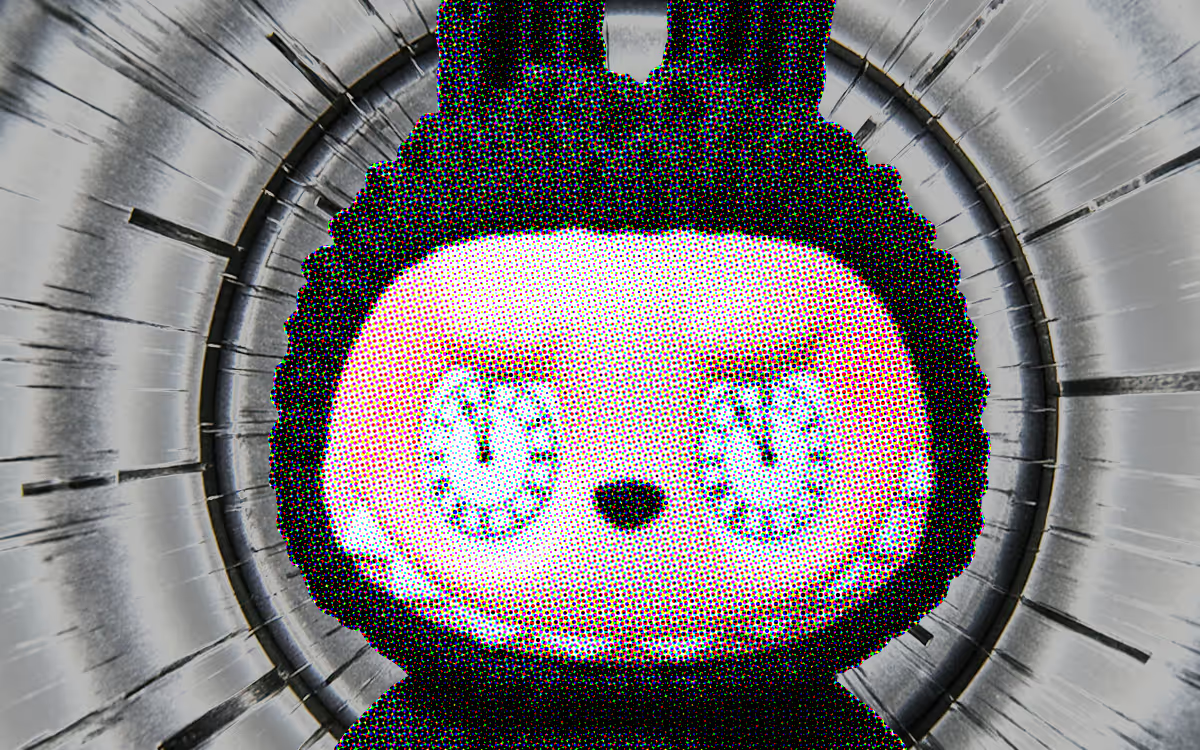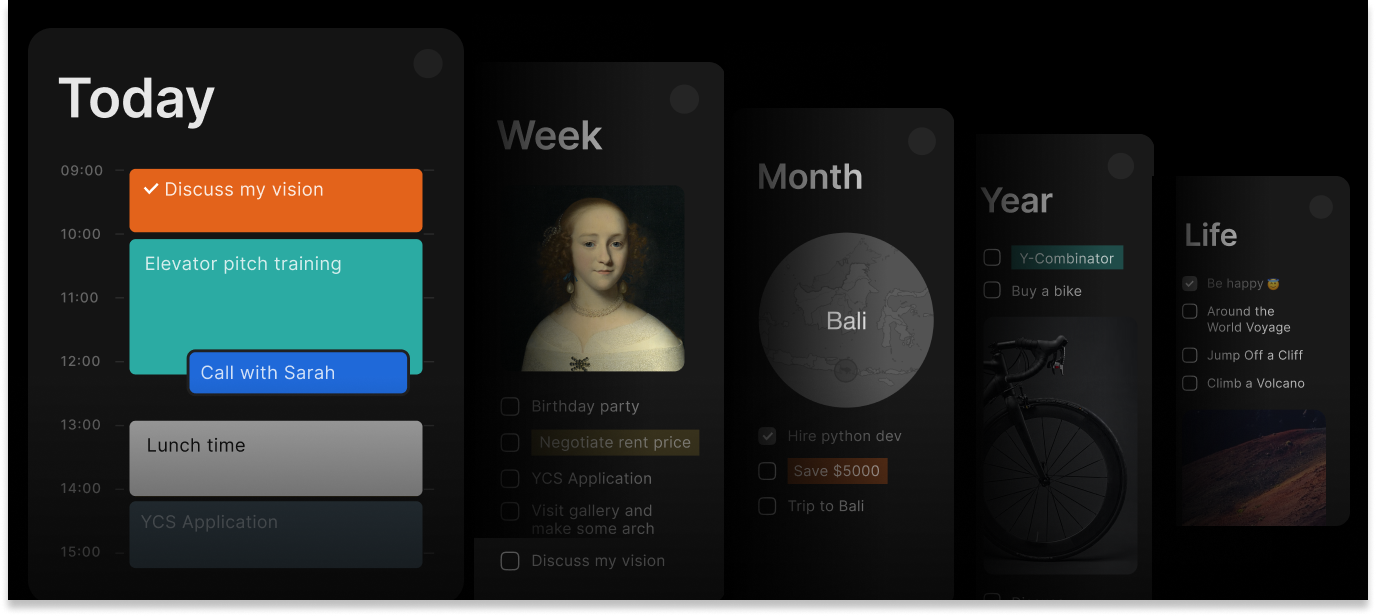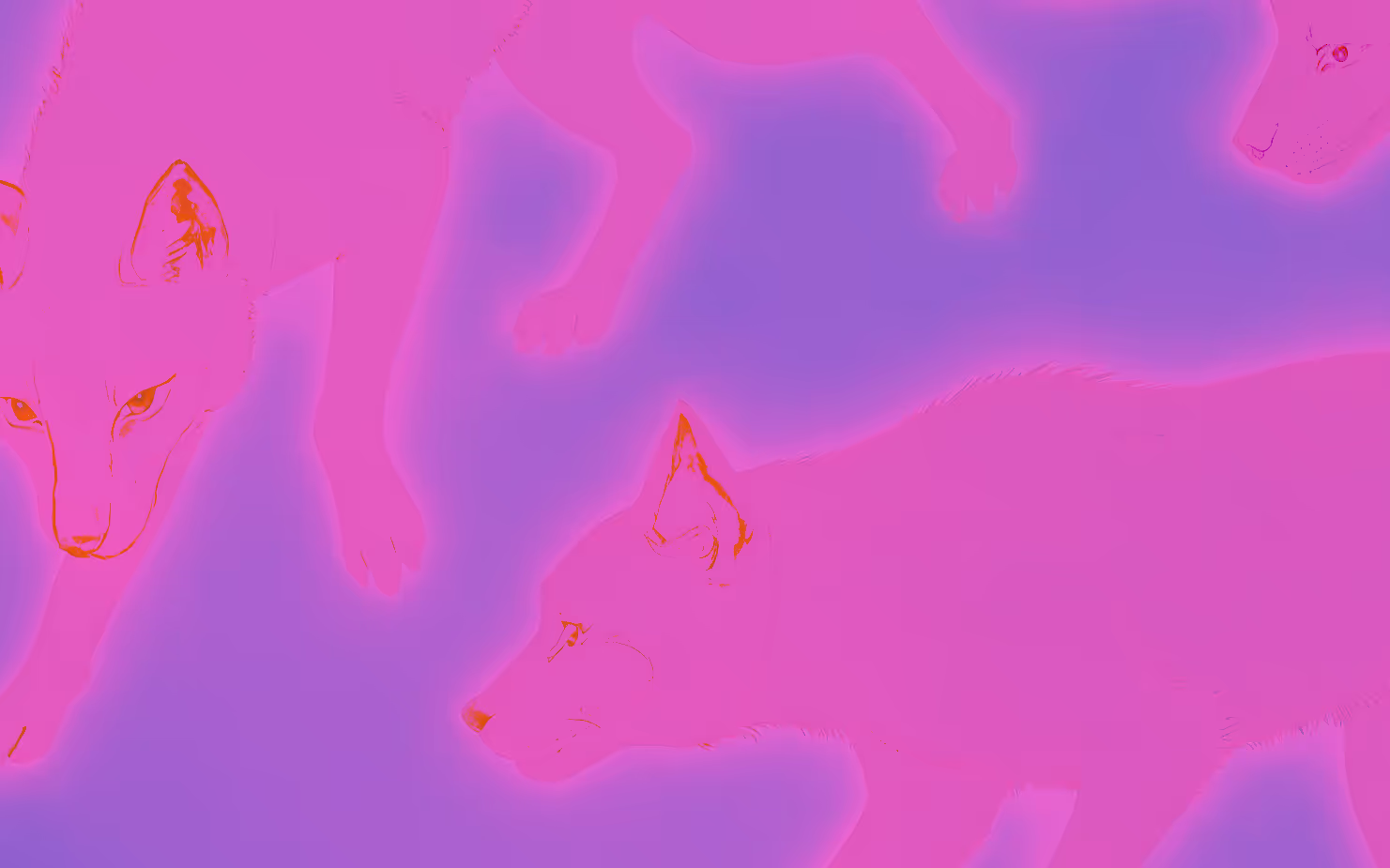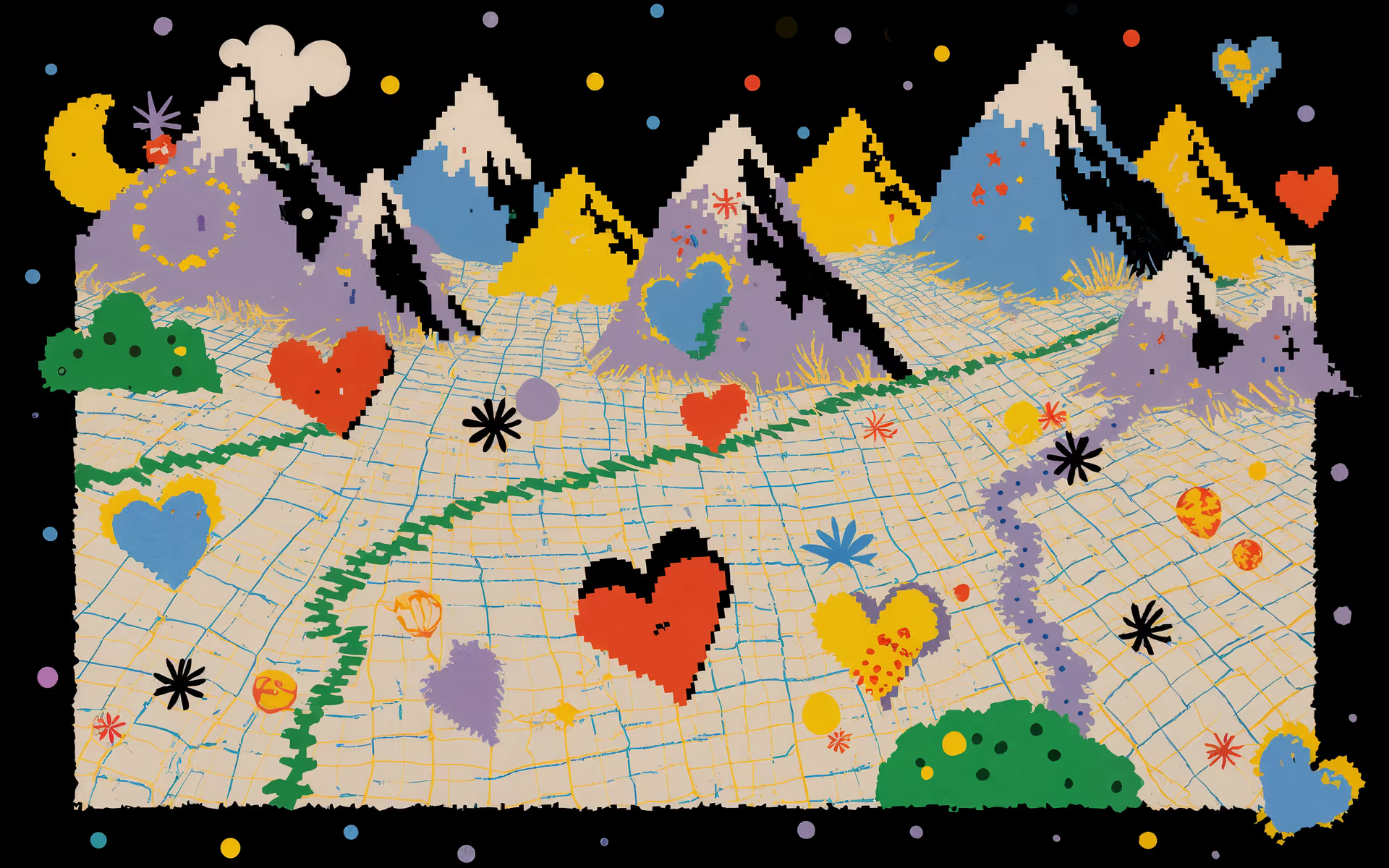Labubu Is Over, We’re Onto Productivity Pets Right Now

When I was seven, I finally got the Tamagotchi I’d been dreaming about for months.
It died the first night, because I’d fallen asleep. It needed feeding at 2 AM, and I wasn’t there. After that, I tried setting quiet alarms without waking my parents, even attempting to stay awake through the night. Nothing worked, cause I was small and very sleepy.
Fast forward to 2025, and I have a Tamagotchi-like bird living in my phone again. Except this one wants me to sleep. She gives me points for going to bed on time, celebrates when I drink water, and cheers me on for taking breaks.
The digital pets are back, but now they’re helping us live better instead of ruining our sleep schedules.
The Apps Everyone’s Quietly Using
Finch – a little colorful bird in your phone
Finch gives you a little companion who grows as you complete daily goals like stretching, journaling, drinking water, whatever matters to you. Check in consistently and she learns new skills, travels to destinations, sends you encouraging messages. The app uses actual therapeutic techniques mixed with the satisfaction of watching something flourish. You also can use it with friends and honour your consistency by visiting each other and exchanging gifts.
Pokemon Sleep
The rules are simple–sleep well and the app will reward you. “Rest your very best”, - says official game page.
Habitica transforms your life into an RPG.
An app for passionate gamers. Create a character, join guilds, fight monsters by completing real tasks. Gain XP for doing your laundry. Skip your morning routine? Take damage. Ouch.
Grow trees while you focus in Forest
Stay off your phone for 25 minutes and a tree matures. Leave the app early and it dies. Over time you build forests that represent your focus sessions. Also, forest team partners with a real-tree-planting organization, Trees for the Future, to plant real trees on Earth. Sounds cool for my 7-year-old-tamagotchi-killer self, cause I was obsessed with ecology.
Why Taking Care of Pixels Actually Works
There’s something about caring for another being—even a pixelated one—that bypasses our usual resistance to self-care.
Many of my friends (hi, guys!) have confirmed that these apps genuinely helped them get through depressive episodes. When you can’t do things for yourself, sometimes you can do them for the tiny creature in your phone. The bird doesn’t judge you for having a bad week, and you distract yourself so you don’t shame yourself either.
The research backs this up too: a study of over 1,100 students found that gamified mental health apps significantly increased resilience scores and decreased both anxiety and depression. Finch specifically achieved a Day 1 retention rate of almost 60%, which is exceptionally high even for subscription-based apps. Apps with virtual pet companions maintain engagement in ways traditional habit trackers simply can’t match.
Best for: Creative agencies, design studios, in-house creative teams
Key feature: Multi-horizon time planning (daily to lifetime)
Pricing: Free model available
My Digital Pet Graveyard
I should confess: I’m terrible at these apps.
I download them with pure intentions. I’m invested for maybe five days. Then I forget to open it for a week. And then forever.
However, the digital bird did help me once—it pulled me out of a rough patch. But once I felt better and life got busy again, I forgot about her completely.
But here’s what I’ve learned: these tools work brilliantly for some people and not at all for others. If you have caretaker instincts, respond to cute visuals, like progress bars—these apps might genuinely help. Remember how we all wanted to see that green bar in Sims when we were cooking? But if you forget your phone exists when you’re focused on something else, you might need a different approach.
When Tamagotchi Meets Artificial Intelligence
The next generation is already emerging. AI-powered companions that learn your patterns and adapt.
Some apps now have AI copilot features—they notice when you’re struggling and adjust their expectations. Your bird recognizes you’ve had a rough week and suggests gentler goals. The AI learns what time of day you’re most likely to follow through.
Pi and Replika aren’t explicitly productivity tools, but people use them that way. These AI companions check in on your goals and celebrate your wins. Like having a supportive friend available 24/7 in an online chat.
There’s something both comforting and strange about artificial intelligence that cares whether you ate lunch today. The sweet smell of success in 2025 might involve an AI knowing your patterns better than you do.
Where Digital Pets Hit Their Limit
Here’s the thing: these apps are excellent at daily habits but can’t help you see the bigger picture.
Different actions earn similar rewards. Gaining the same XP for drinking water and for sitting down to write a book sounds unfair. The app can’t distinguish between maintenance tasks and transformational goals.
Pokemon Sleep makes you care more about your sleep. But it can’t show you how that better sleep connects to the creative project you’re building, the career transition you’re planning, the life you’re designing.
This is where time management matters. Digital pets keep you consistent in the present. And that’s good. But something like Timestripe shows you where that consistency takes you across different time horizons—today, this month, this year, your lifetime.
You can use both. Let your digital companion handle daily momentum. Use proper time planning to make sure that momentum points somewhere meaningful. The bird gets you to show up. The timeline ensures you’re showing up for things that actually matter.
Besides raising online birds, my friends and I maintain a board with our shared goals. We encourage each other not with digital gifts, but with comments on our goals and in person over coffee.
The Real Growth
My seven-year-old self thought keeping a Tamagotchi alive was the ultimate responsibility. Turns out, keeping myself healthy while working toward meaningful goals is significantly harder.
These apps—the silly ones with cute birds, the nerdy RPG systems, the AI companions—solve the same problem. How do we stay consistent when our brains resist new habits, even healthy ones?
The answer is gentler than expected. A bird who celebrates when you stretch. A forest that grows while you focus. A timeline showing how today connects to next year.
I still can’t keep a digital pet alive for more than a week. But I can map goals across time horizons and see how daily choices compound into progress.
Different tools for different minds. There are options beyond 'try harder'. After all, not all obstacles can be overcome through effort alone. Some challenges require different tools, not just more willpower, no matter what success coaches might claim.
Read next

Start Planning Your Life
Timestripe shows you where consistency leads—tomorrow, next quarter, next year.
Get Started 5 Cozy Games That Secretly Teach You Management Skills
5 Cozy Games That Secretly Teach You Management Skills

